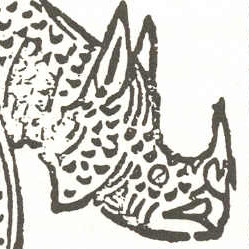You might have heard of people in the past moving to places (usually London) where the streets were said to be ‘paved with gold’. It meant that anyone could be rich there. Gold would not make good actual paving. But there was once somewhere the streets really were — accidentally — paved with gold. It was very far from London, in Kalgoorlie, Western Australia, around 600 km east-northeast of Perth.
There was a gold rush in Kalgoorlie in 1893. It began after two men travelling to Mount Youle stopped on their way when they had horse trouble. They noticed signs of gold in the ground beneath their horses’ feet. Some of the miners who settled there dug out rocks containing a shiny material that they thought was pyrite — known as Fools’ Gold because looks like gold but isn’t. They threw it aside and carried on looking for real gold. The discarded rocks came in handy when people were building the town roads, and were thrown into the mix. Three years later, in 1896, it was discovered that instead of pyrite, the rocks contained a compound of gold and tellurium, called calaverite (AuTe2). A new gold rush began, with people tearing up the paving of the town to recover the gold!
Find out more: The source of this story is Fortey, Richard (2004). The Earth: An Intimate History, p. 230. As the libraries are closed in my country during the pandemic, I have been unable to check it.
